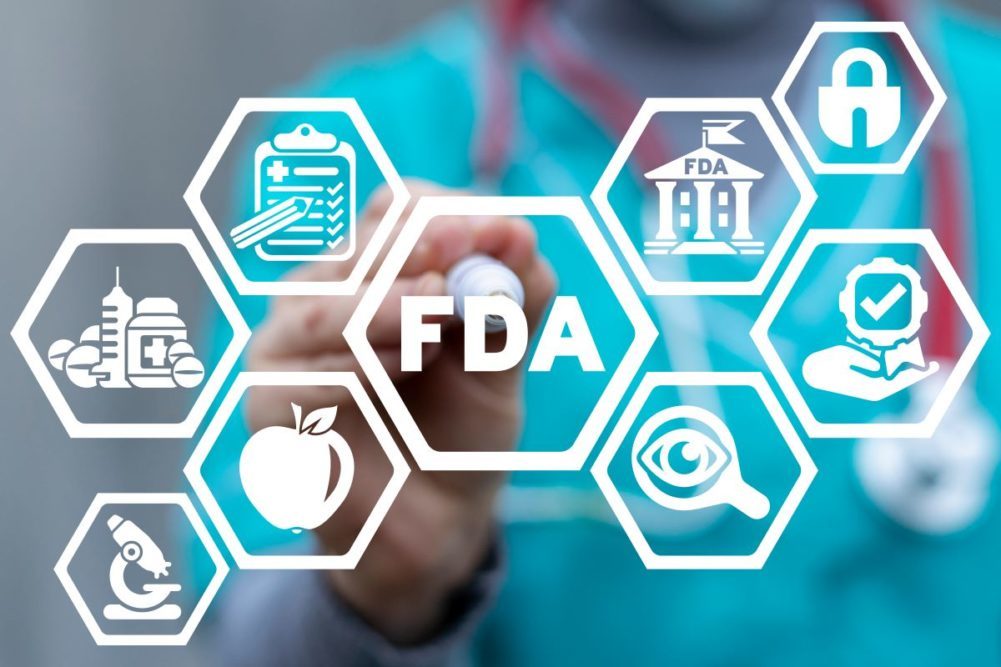WASHINGTON — The Food and Drug Administration is restructuring its food program by combining the Center for Food Safety and Applied Nutrition, Office of Food Policy and Response and certain aspects of the Office of Regulatory Affairs into what will be known as the Human Foods Program. A search has begun for a deputy commissioner who will oversee the program, according to the agency.
The change follows a report submitted by the Reagan-Udall Foundation that evaluated the food program in the wake of this summer’s infant formula shortage. The report recommended creating separate agencies within the Department of Health and Human Services to oversee food and drugs, separating the food and drug arms within the FDA or establishing a new deputy commissioner position with authority over the agency’s food regulation responsibilities.
Within the Human Foods Program, the FDA also will create the Center for Excellence in Nutrition to work with industry to offer more nutritious foods and it will create the Office of Integrated Food Safety System Partnerships to work with state and local regulatory partners on food safety issues and programs.
The FDA’s Center for Veterinary Medicine will continue to operate as a stand-alone entity.
“The agency has carefully reviewed the findings and recommendations from an external evaluation conducted by an expert panel of the Reagan-Udall Foundation that I requested and a separate internal review of the agency's infant formula supply chain response completed last year,” said Robert M. Califf, MD, FDA commissioner. “The findings and recommendations from these reviews identified issues surrounding culture, structure, resources and authorities. They also noted several areas of need, including modernizing data systems, providing more resources and authorities, improving emergency response systems and building a more robust regulatory program.”
Roberta Wagner, vice president of regulatory and technical affairs with the Consumer Brands Association, called the restructuring a positive first step, but added “it fails to provide the deputy commissioner with direct line authority over all major foods program components or fully integrate the agency’s policymakers with its inspection force. We are concerned that anything short of this and a fully empowered deputy commissioner will make it difficult to truly unify the program and deploy the prevention mindset envisioned under the Food Safety Modernization Act.
“We encourage the commissioner to be bold and continue exploring durable solutions that will enable the agency to move at the speed of the consumer to ensure they have access to the essential goods they rely on. The commissioner’s sustained empowerment and support will be critical as the new deputy commissioner pursues accountability and oversight of many critical functions.”
The International Dairy Foods Association expressed disappointment that the new Human Foods Program will not include the Center for Veterinary Medicine, where there is significant overlap with human health, said Joseph Scimeca, senior vice president of regulatory and scientific affairs at the IDFA.
Scimeca also said: “IDFA stands ready to work with FDA on issues of food safety, nutrition and innovation in the food processing arena, and supports calls for stronger internal systems to support each priority. However, the plan released today does not address in any detail how FDA plans to solve the bureaucratic, opaque process to update the hundreds of food and beverage standards that remain woefully outdated and hinder innovation. As FDA considers next steps in this plan, we strongly encourage greater focus on creating a culture that values transparency, a system of clear accountability and collaboration with food manufacturers to ensure two-way feedback in updating manufacturing processes that are more responsive to consumer demands.”
The FDA has formed an implementation group that is charged with developing a plan to ensure the successful creation of the Human Foods Program.

